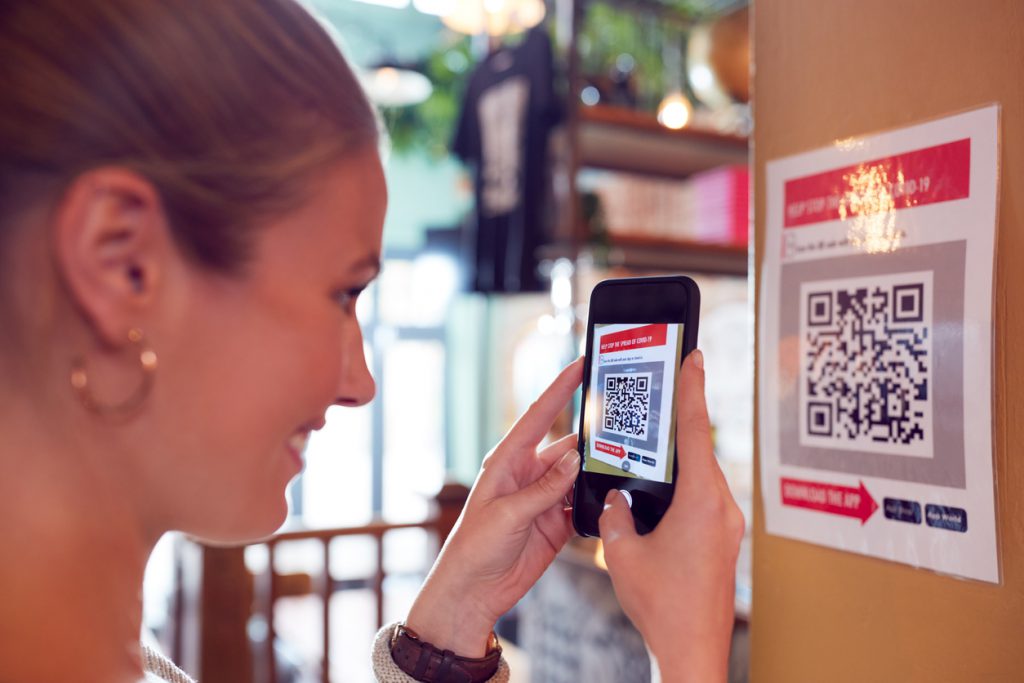How often do marketers truly understand the impact of their marketing on offline conversions? How can one measure offline events triggered by digital advertising? As a director-level marketing expert, have you ever pondered about the true impact of your marketing campaigns on offline sales? If these questions resonate with you, then this article is a must-read. Dive deep into the world of offline attribution and discover techniques that can revolutionize your marketing strategies.
1. Understanding the Essence of Attribution
Attribution is the process of identifying which marketing channels and campaigns have contributed to a desired outcome, such as an offline sale. For marketers, understanding attribution is crucial to optimize marketing efforts and allocate resources effectively. But why is attribution important? Simply put, accurate attribution gives marketers insights into which marketing activities drive offline traffic and which ones need improvement.
Attribution enables marketers to evaluate the effectiveness of their marketing campaigns across any channel. By analyzing attribution data, marketers can make informed decisions about where to invest their resources for maximum impact. Furthermore, attribution lets businesses understand the customer journey, from the first interaction to the final conversion, providing a holistic view of the marketing funnel.
2. The Intricacies of Offline Attribution
Offline attribution allows marketers to link online marketing efforts to offline conversions, such as in-store purchases. With the rise of digital advertising, it’s essential to track offline conversions that result from online campaigns. Offline attribution uses specific techniques to bridge the gap between online and offline data, ensuring that marketers can measure the impact of their digital campaigns on offline sales.
Offline attribution models are designed to help marketers understand the offline activity resulting from online marketing efforts. These models take into account various factors, such as the time between an online interaction and an offline purchase, to provide a comprehensive view of the customer journey. By leveraging offline attribution, businesses can optimize their marketing strategies to drive more offline sales.
3. Choosing the Right Attribution Model for Your Needs
There are various types of marketing attribution models, from single-touch attribution like first-touch attribution and last-touch attribution to multi-touch attribution models. Choosing the right attribution model is vital for accurate data-driven marketing analytics. For instance, a linear attribution model divides the attribution credit equally among all marketing channels involved in a conversion, while a first-touch attribution model gives all credit to the first interaction.
Different businesses have unique needs, and there’s no one-size-fits-all attribution model. It’s essential for marketers to understand the nuances of each model and select the one that aligns with their business goals. For instance, a retailer might prioritize a model that captures the impact of online ads on offline store visits, while an e-commerce platform might focus on online conversions.

4. The Synergy of Online and Offline Marketing
Online and offline marketing shouldn’t exist in silos. Integrating online and offline campaigns can amplify the effect of data-driven marketing campaigns across any channel. For instance, a digital ad might be driving foot traffic to offline stores. By using attribution, marketers can pinpoint which online campaigns are most effective in promoting offline activity.
Moreover, understanding the synergy between online and offline marketing can help businesses create cohesive and consistent brand experiences. Whether it’s an online ad leading to an offline store visit or an offline event promoting an online sale, businesses need to ensure that their marketing messages are aligned across all channels. This alignment not only enhances the customer experience but also maximizes marketing ROI.
5. The Future of Marketing Attribution
Attribution technology is continuously evolving, helping marketing teams adapt to the changing landscape of digital and offline channels. Data-driven marketing strategies rely heavily on accurate attribution data. As the lines between online and offline blur, the importance of offline attribution models will only grow. Marketers can use attribution to refine their marketing tactics, ensuring that every dollar spent has a measurable impact on offline conversions.
The future of marketing attribution lies in the integration of advanced technologies like artificial intelligence and machine learning. These technologies can provide deeper insights into customer behavior, allowing marketers to predict and influence future purchasing decisions. As the marketing landscape becomes more complex, businesses that leverage advanced attribution techniques will have a competitive edge.
6. The Role of Wizaly in Your Attribution Strategy
Wizaly offers cutting-edge solutions for both online and offline attribution. With Wizaly’s tools, marketing and sales teams can seamlessly integrate online and offline data, ensuring that every marketing campaign, whether online or offline, is tracked and optimized. Wizaly’s attribution technology is designed to help marketers achieve the best ROI from their various marketing channels.
Wizaly understands the challenges faced by modern marketers. With a plethora of marketing channels available, determining the true impact of each campaign can be daunting. Wizaly’s platform simplifies this process, providing clear insights into the effectiveness of each marketing effort. By partnering with Wizaly, businesses can ensure that their marketing strategies are data-driven, optimized, and impactful.
Conclusion
In the ever-evolving world of marketing, understanding the impact of your efforts on offline conversions is paramount. Attribution, especially offline attribution, is the key to unlocking insights that can drive your future marketing strategies. Whether you’re looking at single-touch or multi-touch attribution models, the goal remains the same: to understand and optimize the overall marketing impact on offline purchases.
Ready to revolutionize your marketing attribution strategy? Reach out to Wizaly today and discover how we can help you achieve unparalleled insights into your marketing efforts.



